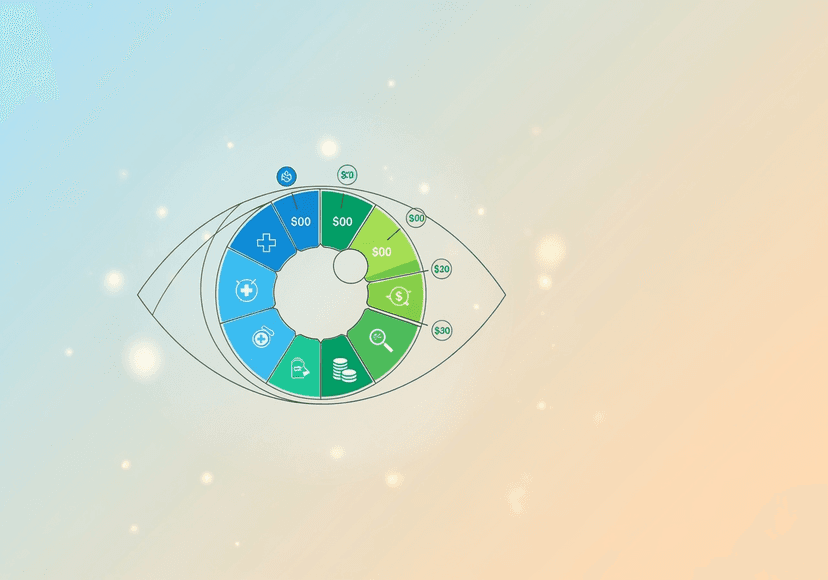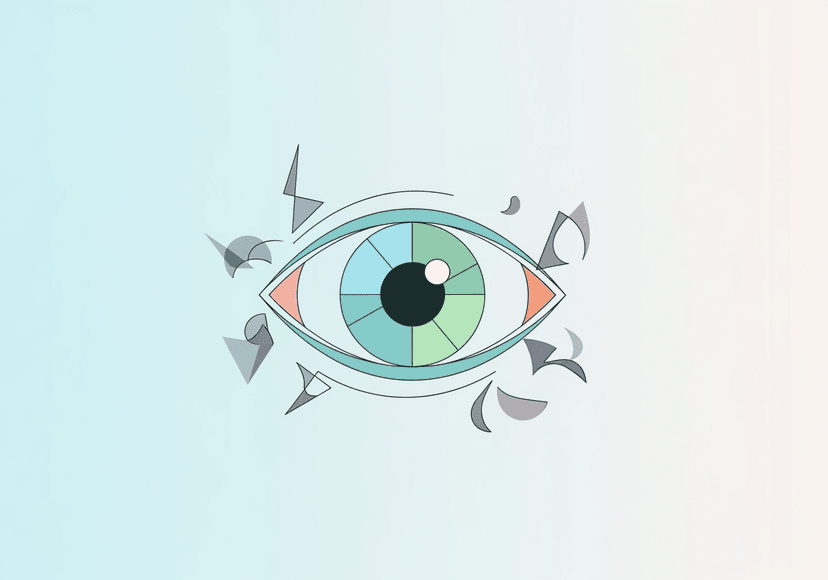
The Brain's Battle: Understanding Brain Cancer
27 Sep, 2024
 Healthtrip
HealthtripBrain cancer is a complex and devastating disease that affects thousands of people worldwide every year. It is a type of cancer that originates in the brain, either from the brain cells themselves or from cancer cells that have spread to the brain from other parts of the body. Despite its prevalence, brain cancer remains one of the most poorly understood and underresearched types of cancer, leaving patients and their families with more questions than answers. In this blog, we will delve into the world of brain cancer, exploring its causes, symptoms, diagnosis, treatment options, and the latest research developments in the field.
What is Brain Cancer?
Brain cancer, also known as a brain tumor, is a mass of abnormal cells that grow and multiply in the brain. There are two main types of brain cancer: primary brain cancer, which originates in the brain, and secondary brain cancer, which spreads to the brain from other parts of the body. Primary brain cancer can arise from any type of cell in the brain, including neurons, glial cells, and meninges. The most common type of primary brain cancer is glioblastoma, which accounts for approximately 15% of all brain tumors.
Most popular procedures in India
Causes and Risk Factors
The exact causes of brain cancer are still not fully understood, but several risk factors have been identified. Exposure to radiation, certain genetic syndromes, and a family history of brain cancer are all known to increase the risk of developing the disease. Additionally, people who work with certain chemicals, such as those in the petroleum industry, may be at a higher risk of developing brain cancer.
Wellness Treatments
Give yourself the time to relax
Lowest Prices Guaranteed!

Lowest Prices Guaranteed!
Symptoms of Brain Cancer
The symptoms of brain cancer can vary widely depending on the location and size of the tumor, as well as the individual's overall health. Common symptoms include headaches, seizures, memory loss, confusion, and changes in personality or behavior. In some cases, patients may experience numbness or weakness in the arms or legs, vision problems, or difficulty with speech or language.
Diagnosis and Staging
Diagnosing brain cancer typically involves a combination of imaging tests, such as MRI or CT scans, and biopsy. A biopsy involves removing a sample of tissue from the tumor and examining it under a microscope to determine the type and aggressiveness of the cancer. Once a diagnosis has been made, the cancer is staged based on its size, location, and how far it has spread.
Treatment Options for Brain Cancer
Treatment for brain cancer usually involves a combination of surgery, radiation therapy, and chemotherapy. Surgery is often used to remove as much of the tumor as possible, while radiation therapy and chemotherapy are used to kill remaining cancer cells. In some cases, targeted therapy or immunotherapy may be used to target specific molecules involved in the growth and spread of the cancer.
New Developments in Brain Cancer Research
Despite the challenges of treating brain cancer, researchers are making progress in understanding the disease and developing new and innovative treatments. One area of research involves the use of immunotherapy, which harnesses the power of the immune system to fight cancer. Other researchers are exploring the use of targeted therapies, which target specific molecules involved in the growth and spread of brain cancer.
Coping with Brain Cancer
A diagnosis of brain cancer can be devastating, and patients and their families often face a range of emotional, physical, and financial challenges. It is essential to have a strong support system in place, including family, friends, and healthcare professionals. Additionally, patients may benefit from counseling, support groups, and alternative therapies, such as meditation and yoga, to help manage the stress and anxiety of living with brain cancer.
Conclusion
Brain cancer is a complex and multifaceted disease that affects thousands of people worldwide every year. While the prognosis for brain cancer patients is often poor, researchers are making progress in understanding the disease and developing new and innovative treatments. By raising awareness and supporting research, we can work towards a future where brain cancer is no longer a life-threatening disease.
Related Blogs

Complete Cost Breakdown of Eye Surgery with Healthtrip
Learn about doctors, hospitals, procedures, and recovery for eye surgery

How to Prepare for Your Eye Surgery in India
Learn about doctors, hospitals, procedures, and recovery for eye surgery

Side Effects and Risk Management of Eye Surgery
Learn about doctors, hospitals, procedures, and recovery for eye surgery

Follow-Up Care for Eye Surgery Patients with Healthtrip Assistance
Learn about doctors, hospitals, procedures, and recovery for eye surgery

Best Hospital Infrastructure for Eye Surgery
Learn about doctors, hospitals, procedures, and recovery for eye surgery

What to Expect During a Eye Surgery Consultation
Learn about doctors, hospitals, procedures, and recovery for eye surgery










